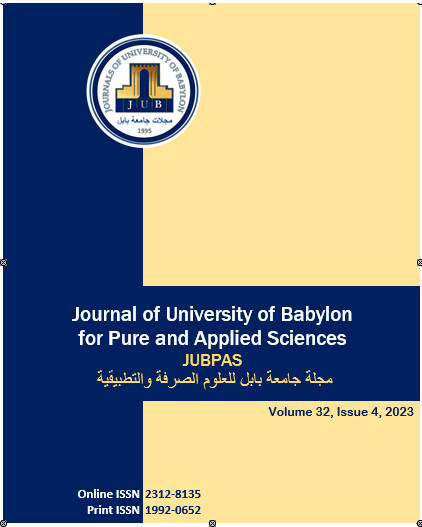Deep Learning-Based Automated Diagnosis of Skin Cancer from Thermoscopic Images
Main Article Content
Abstract
Background:
Given the importance of early and accurate detection of skin cancer in preventing its risks and improving its treatment, the study aims to develop automated models based on deep learning to detect skin cancer and accurately classify skin lesions into benign and malignant and identify different types of lesions, which helps doctors in early diagnosis and decision-making.
Materials and Methods:
Relying on pre-trained convolutional neural networks, which makes it possible to train models using only a small amount of available training data. Two datasets of images of skin tumors were used, one to detect the presence of a tumor and the other to classify the tumor among different types of skin tumors. Both datasets underwent a set of initialization and processing steps and were then trained using two pre-trained convolutional neural network models.
Results:
The evaluation results of randomly selected images from the set of test images demonstrate the accuracy and high effectiveness of the models in prediction. DenseNet121 hybrid model achieved an impressive 94% accuracy, with an average precision, recall, and F1 score of 0.94. The EfficientNet B0 model achieved a weighted accuracy of 93%, with a weighted average precision, recall, and F1 score of 0.93 across nine classes.
Conclusion:
Pre-trained deep convolutional neural networks have made significant progress in improving the ability to detect skin cancers using dermoscopic images. This study showcases the capability of artificial intelligence in swiftly and precisely diagnosing skin cancer, as well as detecting (pre)malignant skin cancer.
Article Details
Section

This work is licensed under a Creative Commons Attribution 4.0 International License.
